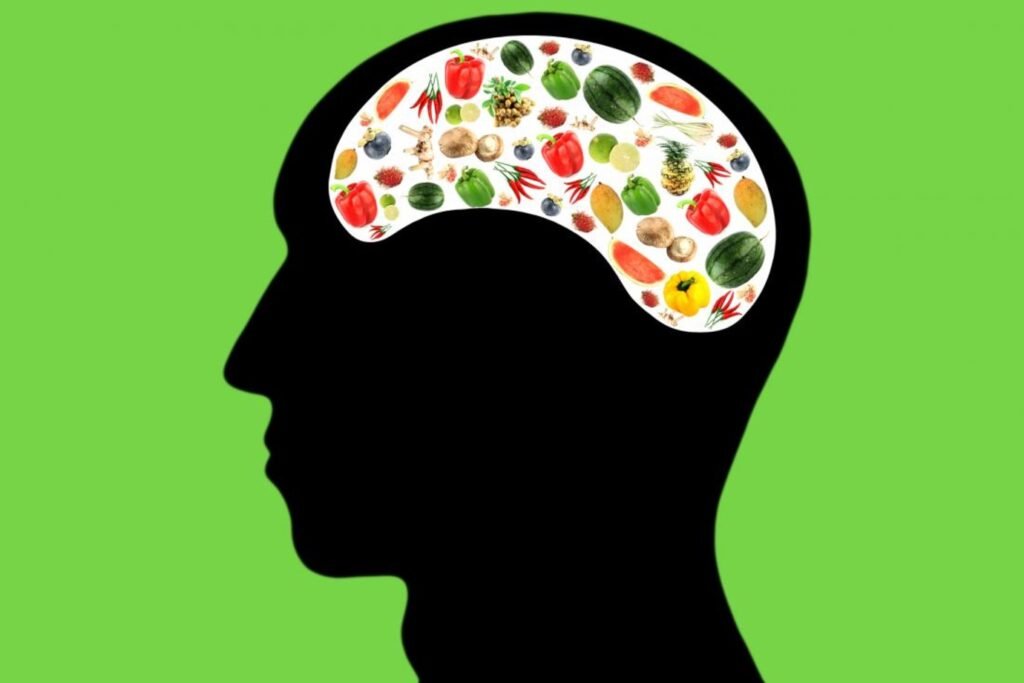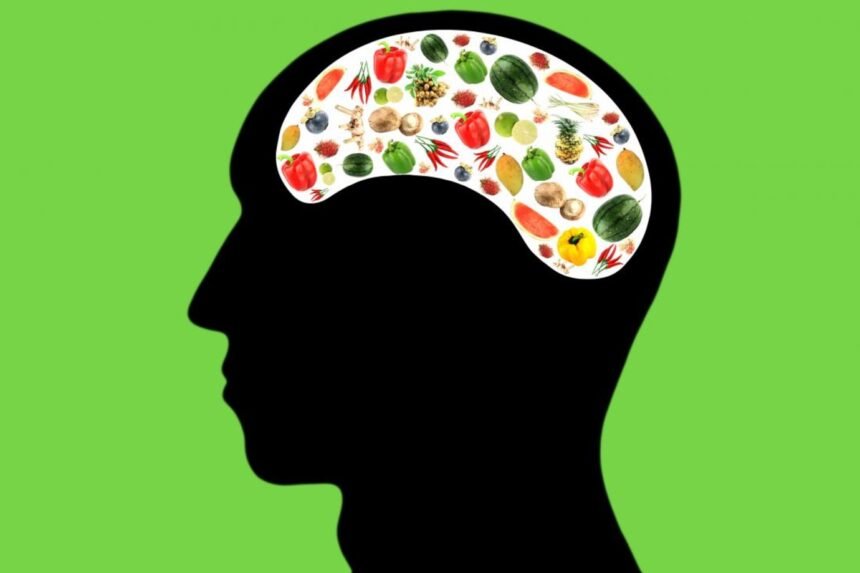Research Reveals Structural Changes in the Brain’s Hypothalamus Linked to Overeating and Obesity
Introduction
In a groundbreaking study conducted by a team of researchers at the University of Cambridge, the intricate relationship between the brain and obesity has taken a significant leap forward. The study sheds light on how the brain’s “appetite control center,” specifically the hypothalamus, differs in individuals who are overweight or living with obesity.

The researchers identified a crucial correlation between the volume of the hypothalamus and an individual’s body mass index (BMI). The most remarkable differences in volume were observed in the sub-regions of the hypothalamus responsible for regulating appetite through the release of hormones that balance hunger and fullness.
While the exact implications of these structural variations remain uncertain—whether they are a cause or a consequence of changes in body weight—one potential link explored by the researchers is inflammation. Prior animal studies have demonstrated that a diet rich in fats can trigger inflammation of the hypothalamus. This inflammatory response, in turn, contributes to insulin resistance and obesity. Astonishingly, in mice, as little as three days of a high-fat diet was sufficient to induce this inflammation. Furthermore, studies have suggested that this inflammation can raise the threshold at which animals feel full, leading them to consume more food than usual.
Dr. Brown, the lead author of the study, proposed a fascinating idea: “If the observations in mice hold true for humans, consuming a high-fat diet might initiate inflammation in our appetite control center. Over time, this inflammation could disrupt our ability to gauge satiety and impact how our body processes blood sugar, potentially contributing to weight gain.”
The researchers hypothesize that inflammation might explain the larger hypothalamus observed in individuals with obesity. One theory suggests that the body responds to inflammation by enlarging the brain’s specialized immune cells, known as glia.
Professor Paul Fletcher, the senior author of the study, emphasized the significance of this research: “In recent years, we’ve made significant strides in understanding appetite control and its alterations in obesity. Metabolic researchers at Cambridge have been at the forefront of these discoveries.”
The team’s innovative approach to analyzing brain scans within extensive datasets brings fresh hope to extending this research into human subjects. By connecting subtle structural brain changes to shifts in appetite and eating behaviors, a more comprehensive comprehension of obesity could emerge.
Yet, several questions remain unanswered, prompting the need for further investigation. Is the increased volume of the hypothalamus a consequence of being overweight, or do individuals with larger hypothalami possess a predisposition to overeat? Is there a dynamic interplay between these two factors, creating a feedback loop?
Conclusion
This groundbreaking research received support from the Bernard Wolfe Health Neuroscience Fund, Wellcome, the NIHR Cambridge Biomedical Research Centre, and additional funding from Alzheimer’s Research UK. As we delve deeper into the intricate workings of the brain’s appetite control center, we are on the cusp of uncovering novel avenues to combat the obesity epidemic that continues to challenge global health.






